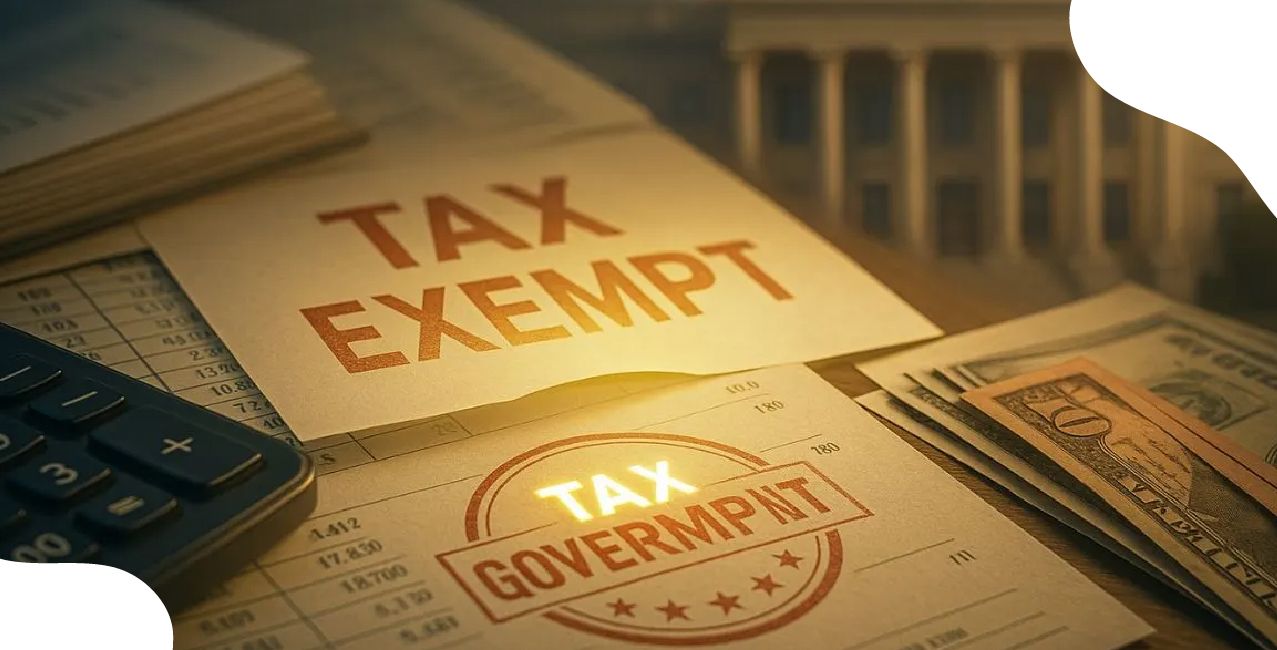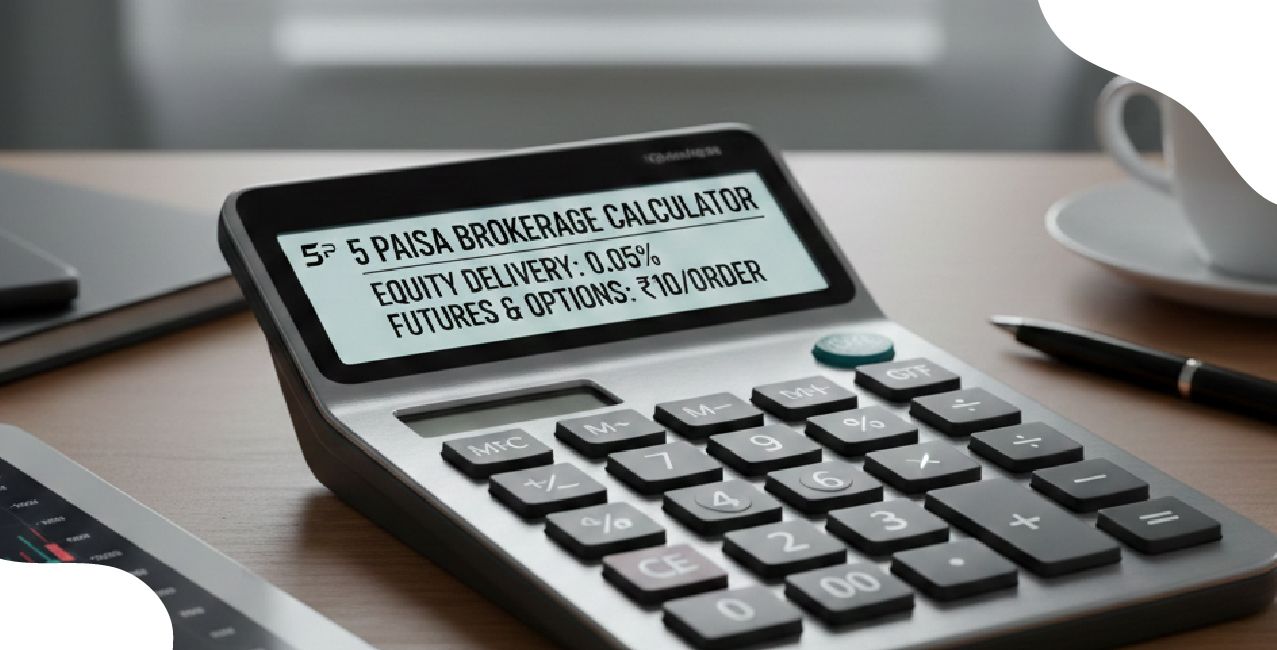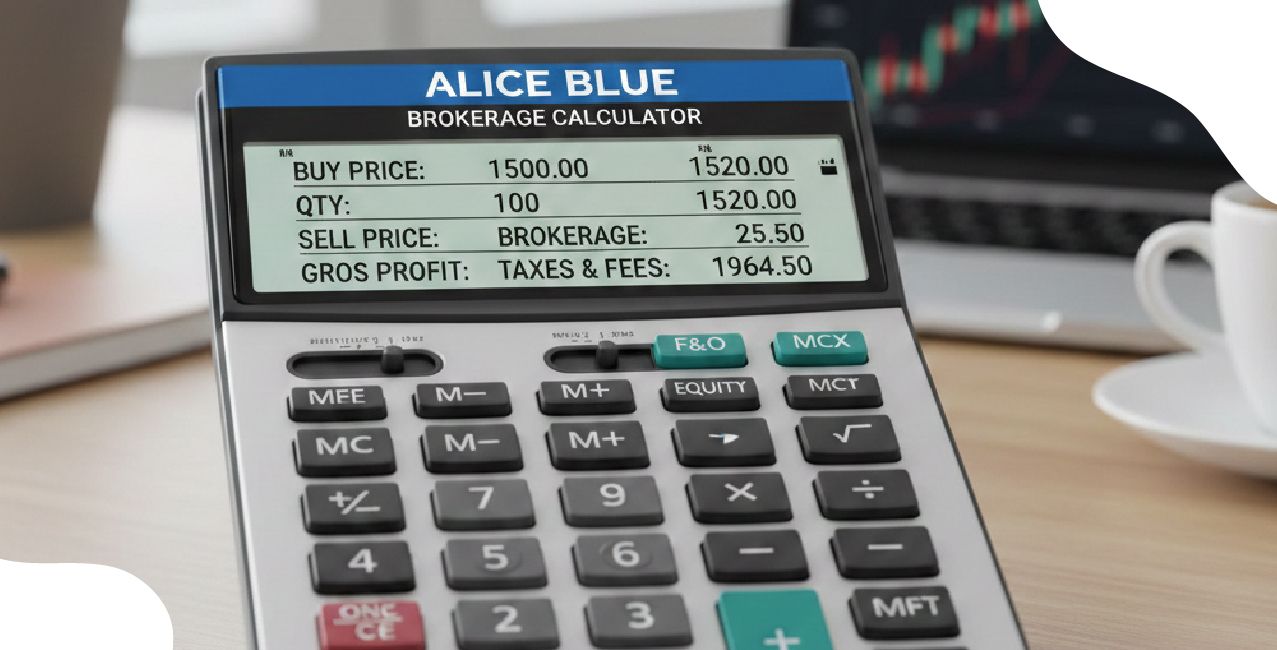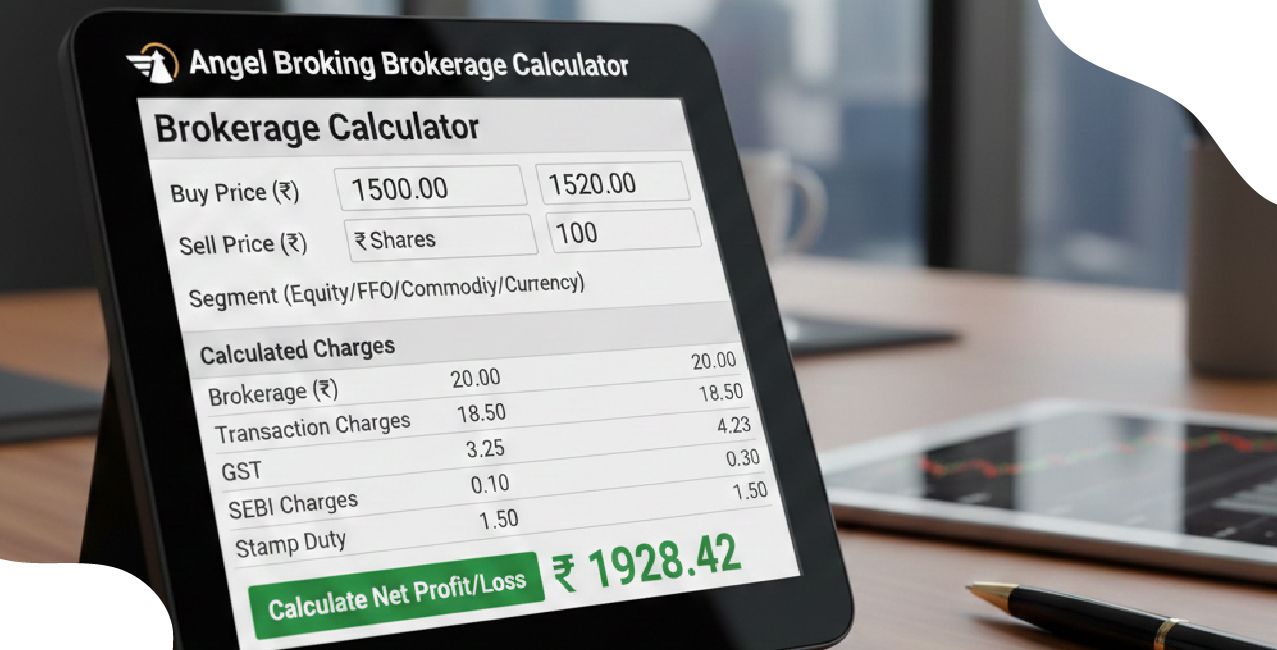Section 269ST of Income Tax Act – Cash Transaction Limit Explained

Check Your Loan Eligibility Now
By continuing, you agree to LoansJagat's Credit Report Terms of Use, Terms and Conditions, Privacy Policy, and authorize contact via Call, SMS, Email, or WhatsApp
Key Takeaways
- Repayments above ₹20,000 are not allowed to be made in cash and must be done through a bank-related method.
- If this rule is broken, a penalty equal to the cash repaid is charged under Section 271E.
- This rule is not applied to the government, banks, co-operative banks, and notified institutions.
- Section 269ST has been introduced to control black money, improve transparency, and support digital payments.
BONUS: SECTION 269ST OF THE INCOME TAX ACT, INTRODUCED IN THE FINANCE ACT 2017, RESTRICTS CASH TRANSACTIONS TO A MAXIMUM OF ₹2,00,000 PER DAY TO CURB BLACK MONEY.
Section 269ST of the Income Tax Act restricts cash repayments of loans, deposits, or specified advances above ₹20,000. Such repayments must be made through banking channels like an account payee cheque, bank draft, or electronic transfer.
A young businessman from Pune named Anurag found that Section 269ST of the Income Tax Act prohibits taking cash payments from a single individual over 2,00,000 in a single day unless they are made by check or electronic transfer.
Anurag wisely requested 2,00,000 by cheque and the remaining amount online when a client gave 3,50,000 in cash. As a result, he avoided penalties, and his company stayed transparent.
This blog consists of an Introduction to the Income Tax Act and briefly explains the details.
Section 269ST of the Income Tax Act: Introduction
By limiting the acceptance of cash payments over a particular limit, Section 269ST of the Income Tax Act seeks to reduce cash transactions while promoting transparency. This provision states that whether or not payment is made by account payee cheque, bank draft or electronic transfer, no one may accept more than 2,00,000 in total from a single individual in a single transaction or a series of connected transactions in a single day.
Example:
If a business owner receives ₹2,50,00 in cash from a client on the same day, he must ensure that at least ₹2,00,000 of that amount is paid via cheque or electronic transfer. Accepting the entire ₹2,50,000 in cash would attract a penalty equal to the amount received in cash.
Importance of Section 269ST of the Income Tax Act:
The following table explains the purpose, scope, and rules under Section 269ST in detail:
Clearly, Section 269ST is designed to restrict cash dealings, enforce accountability, and keep transactions within formal banking systems.
Example:
Here’s another practical example to demonstrate how penalties work under this section:
This example highlights how even a small violation of the ₹20,000 limit can lead to a penalty equal to the cash amount repaid.
Note: By ensuring that repayments of ₹20,000 or more are made through banking channels, Section 269ST creates a clear audit trail, helps prevent black money circulation, and encourages responsible financial conduct.
Objectives of Section 269ST of the Income Tax Act:
To better understand why Section 269ST exists, here’s a breakdown of its objectives:
These objectives collectively show how Section 269ST safeguards the financial ecosystem and supports India’s move towards a digital economy.
Example:
Let’s take another example to see how violations occur in practice:
This case proves how easily one can violate the law if unaware of the ₹20,000 restriction.
TDS Rate Under Section 269ST of the Income Tax Act:
Section 269ST of the Income Tax Act, 1961, does not pertain to Tax Deducted at Source (TDS). Instead, it addresses the prohibition on accepting cash repayments of loans, deposits, or specified advances exceeding ₹20,000 in a day from a single person. This section mandates that such repayments must be made through account payee cheques, bank drafts, or electronic transfer methods to promote transparency and curb black money circulation.
Therefore, there is no TDS rate applicable under Section 269ST. Any reference to TDS rates would pertain to other sections of the Income Tax Act that specifically deal with TDS on various payments, such as Section 192 (Salaries), Section 194 (Interest other than interest on securities), Section 194A (Interest on securities), and so on.
Exemption Under Section 269ST of the Income Tax Act:
Not every repayment is covered by Section 269ST. Below are the exemptions:
These exemptions provide flexibility, ensuring Section 269ST doesn’t hinder genuine institutional or government transactions.
Note: Section 269ST mandates that repayments of ₹20,000 or more must be made through account payee cheque, bank draft, or electronic transfer. However, the exemptions listed above allow for such repayments to be made in cash without attracting penalties. It's important to ensure that the entity receiving the repayment falls under one of these exempt categories to avoid any contravention.
Due Date and Compliance Requirements:
Section 269ST of the Income Tax Act, 1961, mandates that any repayment of a loan, deposit, or specified advance exceeding ₹20,000 must be made through:
- Account payee cheque,
- Account payee bank draft, or
- Electronic transfer (e.g., NEFT, RTGS).
This requirement applies at the time of repayment. There is no specific due date for compliance; the obligation arises when the repayment is made.
Exemptions:
Certain entities are exempt from the provisions of Section 269ST, including:
- Government,
- Any banking company,
- Post office savings bank,
- Co-operative Bank,
- Corporation established by a Central, State, or Provincial Act,
- Government company as defined in section 617 of the Companies Act, 1956
Penalty for Non-Compliance under Section 269ST:
When cash repayment above the allowed limit is made, it is treated as a violation of Section 269ST of the Income Tax Act. To discourage such violations, strict penalties are imposed under Section 271E. The timeline for completing these penalty proceedings is clearly laid out under Section 275(1)(c). Below are the key details of the penalty process:
- If repayment of a loan or deposit exceeding ₹20,000 is done in cash, it will be treated as a violation of Section 269ST.
- A penalty equal to the amount repaid in cash may be imposed under Section 271E.
- The penalty is charged by the Income Tax Department once the violation is identified.
- As per Section 275(1)(c), penalty proceedings must be completed within:
- One year from the end of the financial year in which the penalty proceedings are initiated, or
- Six months from the end of the month in which action is initiated, whichever is later.
Failure to follow this rule may lead to heavy financial penalties. Therefore, it is important that all repayments above ₹20,000 are made through legal banking channels and not in cash.
Conclusions:
Section 269ST of the Income Tax Act helps stop unaccounted cash transactions by banning cash repayments over ₹20,000. It requires people to repay loans and deposits through banking methods like cheques or electronic transfers.
This makes financial transactions easier to track, reduces tax evasion, and ensures people follow tax rules. Following this rule is important to avoid heavy penalties.
FAQs:
1. Does Section 269ST apply to repayments made in a foreign currency but in cash within India?
Yes, if the payment is made in cash within India, Section 269ST will apply, even if it is in foreign currency.
2. Are repayments through bearer cheques considered valid under Section 269ST?
No, bearer cheques are treated as cash; only account payee cheques, drafts, or electronic transfers are allowed.
3. Is Section 269ST applicable to repayment of gifts received in cash above ₹20,000?
Yes, if a gift is treated as a specified advance or loan, Section 269ST restrictions may apply to its repayment in cash.
4. Can a penalty under Section 271E be waived if the violation of Section 269ST was unintentional?
Yes, if a “reasonable cause” is proven, the penalty under Section 271E may be waived under Section 273B of the Act.
Q5. Is TDS applicable under Section 269ST of the Income Tax Act?
No, Section 269ST does not deal with TDS; it only restricts cash repayments.
Other News Pages | |||
About the author

LoansJagat Team
Contributor‘Simplify Finance for Everyone.’ This is the common goal of our team, as we try to explain any topic with relatable examples. From personal to business finance, managing EMIs to becoming debt-free, we do extensive research on each and every parameter, so you don’t have to. Scroll up and have a look at what 15+ years of experience in the BFSI sector looks like.
Subscribe Now
Related Blog Post
Recent Blogs
All Topics
Contents
Quick Apply Loan
Consolidate your debts into one easy EMI.
Takes less than 2 minutes. No paperwork.
10 Lakhs+
Trusted Customers
2000 Cr+
Loans Disbursed
4.7/5
Google Reviews
20+
Banks & NBFCs Offers
Other services mentioned in this article








